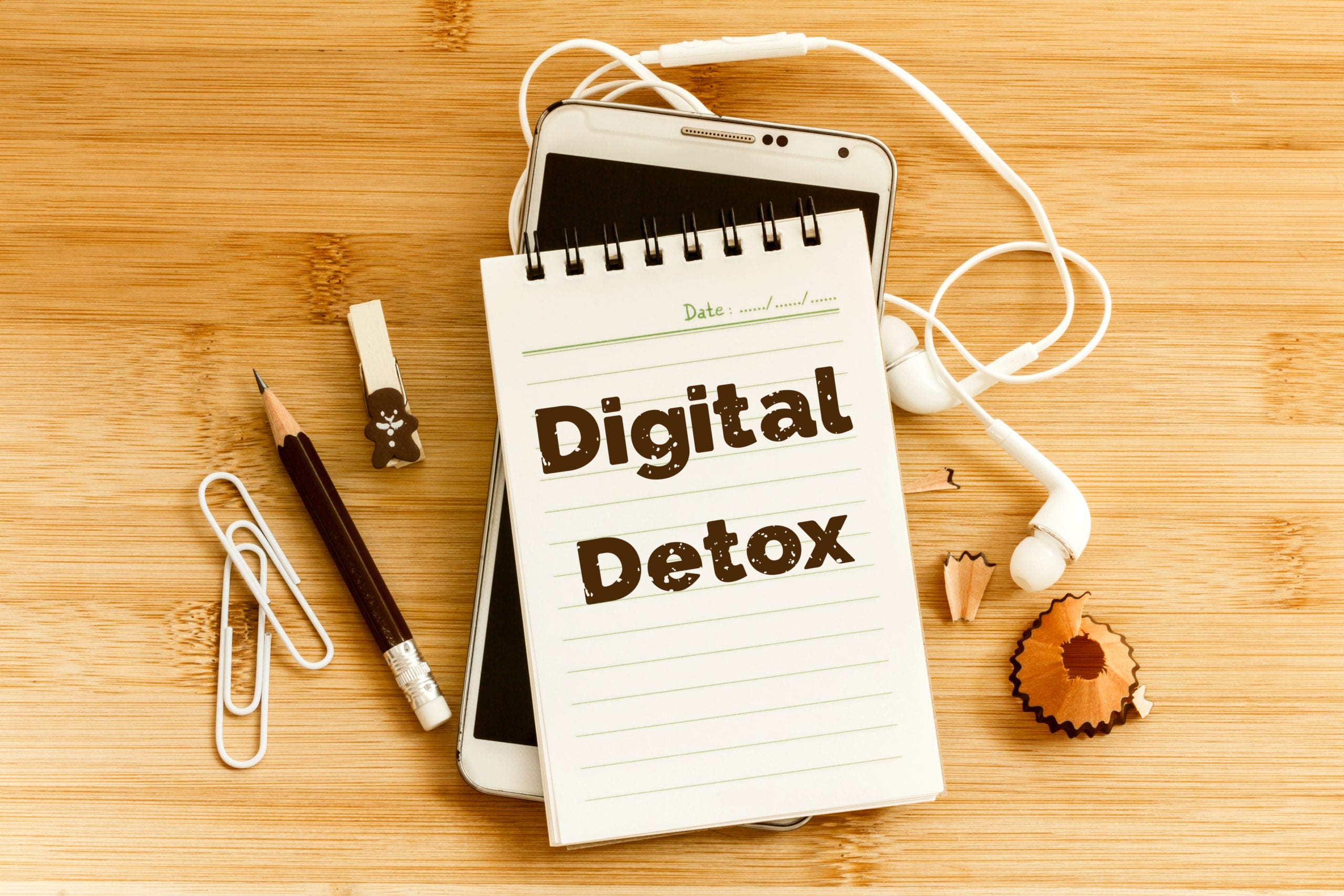What did you do over the festive break? Did you take long walks in the fresh air to work off those extra calories? Were you huddled around board games together, determined to be the next Monopoly champion? The chances are you were glued to the sofa – and your smart device – checking what people were up to via social media or obsessively scanning news channels.
According to research from RescueTime, people spend an average of 3 hours and 15 minutes on devices every day – a figure that would have likely amplified over Christmas with more free time to kill looking at screens. Analysis also shows we pick up our devices, on average, 58 times a day – a very modern compulsion that’s turning into an unbreakable habit.
It’s no wonder some excessive device users are suffering from medical conditions. Scientists discovered that just five hours of mobile device time increases the chance of developing Carpel Tunnel Syndrome, while there’s a new diagnosis called ‘text neck’ from people adopting a hunched over position.
Not confined to our free time, bad habits have also spilled over into our professional lives, with even our working hours being interrupted by our screen obsession. Excessive device checking has led to the buzz phrase ‘digital detox’ and given our Christmas season screen consumption, it’s a practice that has never been more timely.
So where to start? To go cold turkey, pardon the pun, can be counter-productive and phone jails – where devices are placed under lock and key – are no more than a novelty gimmick. Breaking the device cycle is something that should be done in the home and at work for best results. Here are 8 digital detox tips to reduce your screen reliance.
-
Don’t take your phone to bed
Research has found that checking social media just before bed adversely effects sleep and mood, increasing the likelihood of anxiety, insomnia and a shorter sleep duration. Replace your phone alarm with an old-fashioned alarm clock and charge devices outside of the bedroom.
-
Keep your phone in another room
If your device is right by your side, it’s too easy to mindlessly pick it up and start scrolling. Before settling down with friends or to watch TV, leave your phone in another room. The effort of getting up and going to your device should act as a deterrent and switching your phone to silent will yield even better results.
-
Disconnect from work emails
Many people believe they’ll be in more control by linking their work email to their personal device but this presents a temptation to constantly check in and refresh. In fact, research suggests 24/7 connectivity can influence overall job satisfaction, job stress and feelings of overwork, so disconnect.
-
Activate ‘do not disturb’
All smart phones have a ‘do not disturb’ (DND) mode and choosing this setting will block the notifications, texts and calls that distract. You can turn on DND with a single tap for when you need to concentrate or set a daily DND period for your busiest times – say between 9am and 1pm. Scheduling a nightly DND is also great for bedtime so you get an undisturbed sleep (your device’s airplane mode works in an almost identical way).
-
Turn off push notifications
These serve to feed FOMO – the fear of missing out. Seeing a number in a little red circle or snippets of messages on screen often leads wasted hours browsing, so turn push notifications off.
-
Remove apps that sidetrack you….
Uninstalling social media accounts, emails and apps is a great way to reduce your screen time, especially if you do most of your browsing on the go.
-
…and replace them with digital detox app
Even though they sound counter-intuitive, apps – including Space and Freedom – are designed to change your usage behaviour and allow you to block your most distracting websites.
-
Hand over your phone
At the very extreme end of the digital detox spectrum is giving your phone to someone else for a period of time. In some work environments, employees are already required to leave their devices in lockers and the impact of device misuse in offices, which is reducing productivity, is leading some bosses to confiscate the phones of workers at the start of the day.





